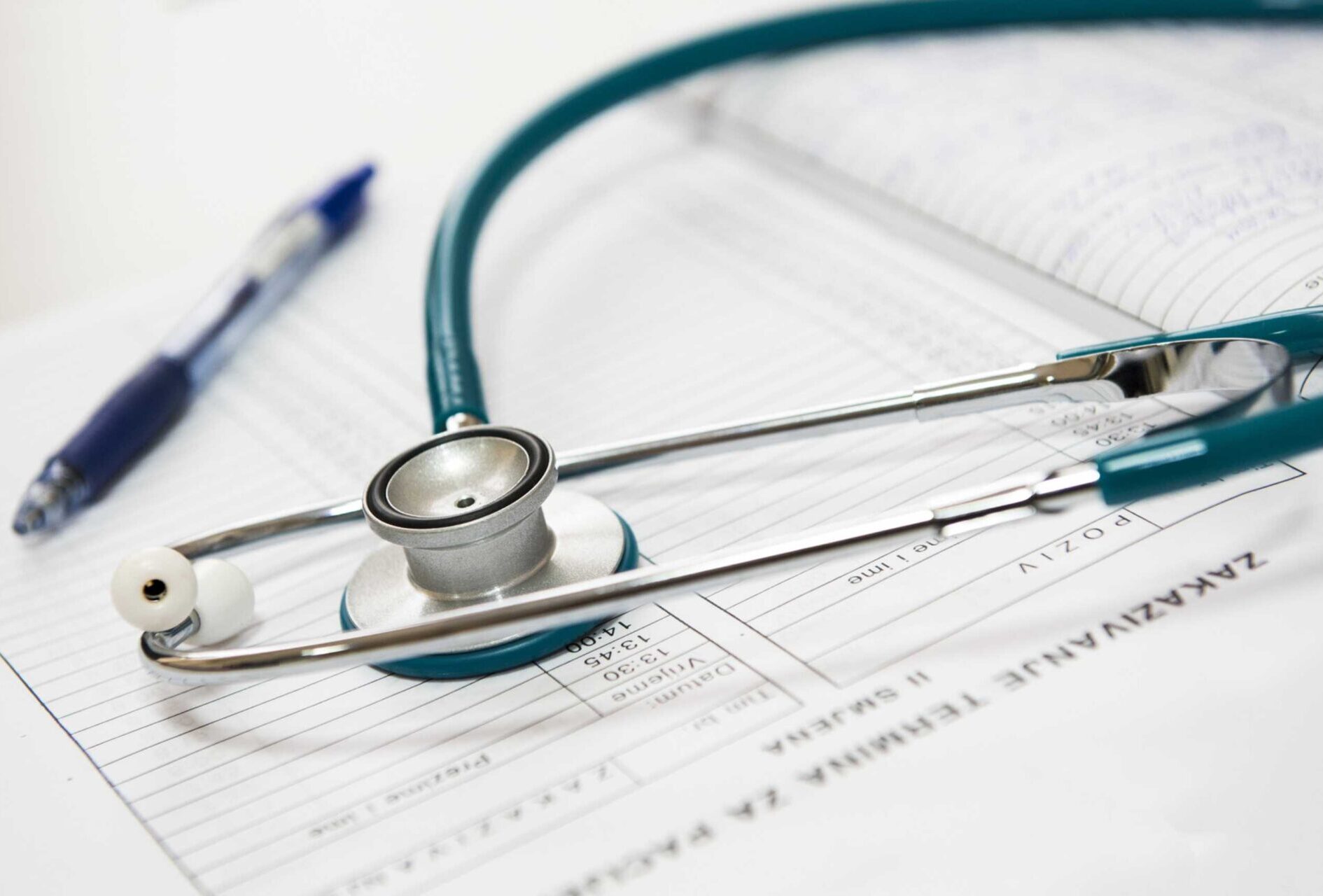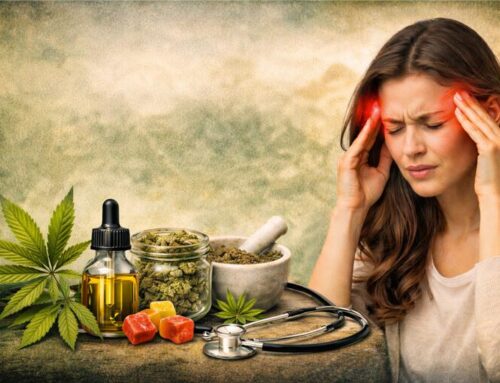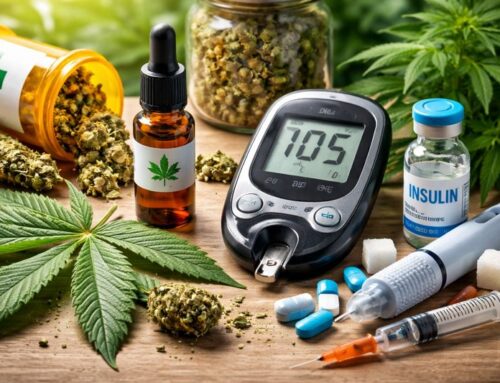Medical marijuana for Huntington’s Symptoms
Huntington’s disease is a progressive neurodegenerative disorder that affects movement, memory, and emotional regulation. As the disease progresses, patients often struggle with motor, cognitive, and emotional challenges. Medical marijuana for Huntington’s symptoms has shown promise in alleviating these issues. How medical marijuana can alleviate Huntington’s symptoms includes reducing muscle spasms, easing anxiety, improving mood, and enhancing cognitive function, helping to improve overall quality of life for patients.
There is no certain cure or treatment for Huntington’s disease, but certain treatment options are available and effective for managing the symptoms.
According to a recent update, medical marijuana is found to be effective. Medical marijuana has gained massive attention when people with Huntington’s disease (HD) found symptoms can be controlled with it. It is considered the potential treatment option for alleviating some of the symptoms associated with this disease. In this comprehensive write-up, we will explore how medical marijuana can help manage the symptoms of Huntington’s disease. We will also discover how it improves the quality of life for individuals suffering from these conditions.
What is Huntington’s Disease?
HD or we can say Huntington’s disease is a genetic disorder that is mainly caused by the breakdown of nerve cells in the brain. Usually, this condition is inherited which means it runs in families, and the symptoms typically appear when the person is in their 30s or 40s. Over specific time, the symptoms of Huntington’s disease gradually worsen. Individuals suffering from this condition experience uncontrolled movements, difficulties in speaking, chewing, and swallowing, and even memory issues. Furthermore, they may even face anxiety, stress, or depression.
There are three main categories of symptoms in Huntington’s disease:
- Motor Symptoms: These include involuntary movements, such as jerking or twitching, and problems with balance and coordination.
- Cognitive Symptoms: Patients may experience memory loss, difficulty planning and organizing tasks, and trouble focusing or making decisions.
- Psychiatric Symptoms: Many people with HD face emotional challenges like depression, anxiety, irritability, and changes in behavior.
Though there is no cure for Huntington’s disease, medications and therapies can help reduce symptoms and slow the progression of the disease. Recently, medical marijuana has emerged as a promising alternative or complementary treatment.
How Medical Marijuana Can Alleviate Huntington’s Symptoms?
Medical marijuana pertains to cannabis utilized for therapeutic purposes. The cannabis plant contains various compounds known as cannabinoids, with the two most recognized being tetrahydrocannabinol (THC) and cannabidiol (CBD). THC serves as the psychoactive element in marijuana, responsible for inducing a “high” in users; however, CBD does not produce any intoxicating effects. Both cannabinoids have demonstrated potential therapeutic benefits in addressing a multitude of conditions, particularly neurological disorders.
In the case of Huntington’s disease, cannabinoids within marijuana engage with the body’s endocannabinoid system (ECS), which plays a crucial role in regulating functions such as pain, mood, memory, and motor control. The ECS is composed of receptors located in the brain and throughout the body that respond to cannabinoids, thereby assisting in maintaining balance and optimal functioning. By interacting with these receptors, medical marijuana can effectively aid in managing symptoms like pain, involuntary movements, and mood disorders. This interaction is significant because it highlights the potential of cannabis in therapeutic settings. Although further research is needed, the implications are promising.
Benefits of Medical Marijuana for Huntington’s Disease
- Alleviating Motor Symptoms
When it comes to one of the most challenging symptoms of Huntington’s disease is motor impairment. When the disease progresses in humans, patients with this condition experience involuntary movement which is also called chorea. This can make it quite difficult and problematic to perform everyday tasks like eating, walking, or other. With the help of medical marijuana, particularly THC has been shown to have a positive response positively. With medical marijuana, patients were able to have muscle relaxation with anti-spasmodic properties. According to the research and studies, it was suggested THC can help reduce the severity of any involuntary movements. Furthermore, it also improves motor control and makes it easier for individuals to manage daily activities.
- Managing Cognitive Symptoms
Cognitive decline represents a significant concern for individuals afflicted with Huntington’s disease. As the disease advances or progresses, people may encounter difficulties in recalling information, concentrating on tasks, or making decisions. However, although research remains in its nascent stages, some studies and research indicate that cannabinoids, such as CBD, might possess neuroprotective properties. This suggests that these properties could aid in safeguarding the brain from damage and potentially slow the deterioration of cognitive function.
- Improving Mental Health and Mood
A condition like Huntington’s disease shows several psychiatric symptoms like depression, anxiety, irritability, and aggression. These symptoms are frustrating to deal with and are common in people with Huntington’s disease. These symptoms majorly impact the quality of life of that person and also complicate the treatment procedure. With the help of medical marijuana under the surveillance of doctors and healthcare experts can show anti-anxiety and antidepressant effects. Studies have demonstrated that CBD can reduce symptoms of anxiety and depression by interacting with receptors in the brain that regulate mood and stress responses.
- Reducing Pain and Inflammation
People with Huntington’s disease often experience chronic pain due to muscle stiffness, joint problems, or even nerve damage. The pain can be debilitating and affect the person’s ability to perform daily activities. Medical marijuana has been found to have analgesic (pain-relieving) and anti-inflammatory properties. THC and CBD can help alleviate both neuropathic pain (pain from nerve damage) and inflammatory pain by reducing inflammation and modulating pain signals in the brain.
- Helping with Appetite and Weight Loss
Huntington’s disease can also result in unintended weight loss and a diminished appetite which can further undermine an individual’s physical health. This phenomenon is partly attributed to the disease’s effect on metabolism and difficulties with swallowing. THC is recognized for its ability to stimulate appetite; consequently, many patients resort to medical marijuana to maintain a healthy weight and enhance their eating habits. By increasing hunger and facilitating the process of eating, medical marijuana can help avert malnutrition and foster better overall health.
The Final Talk
If you, or someone you know, are grappling with Huntington’s disease and contemplating medical marijuana as a treatment option, it is crucial to consult with a healthcare provider. They can assist in guiding you toward making informed decisions because finding the optimal treatment plan tailored to your specific needs is vital.
FAQ
How Can Medical Marijuana Help People with Human Immunodeficiency Virus (HIV)?
Medical marijuana for HIV patients can help manage symptoms such as chronic pain, nausea, and loss of appetite often associated with the disease or its treatments. It can also alleviate anxiety and depression, which are common in individuals with HIV. Additionally, marijuana may improve sleep and boost overall quality of life, offering relief from some of the physical and mental toll HIV can take.
How Does Medical Marijuana Help in Diabetic/Peripheral Neuropathy?
Medical marijuana for diabetic/peripheral neuropathy helps alleviate nerve pain, which is a common and painful symptom of these conditions. It can provide relief from tingling, numbness, and burning sensations by reducing inflammation and promoting muscle relaxation. Additionally, CBD and THC can help manage sleep disturbances and anxiety associated with chronic pain, improving the patient’s overall well-being.
What is Telehealth and How Does it Relate to Health Care?
Telehealth is a modern approach to health care that uses technology to provide remote consultations, diagnoses, and treatment recommendations. It has become increasingly popular for individuals seeking medical marijuana cards or advice about marijuana use for medical purposes. Telehealth offers patients the convenience of accessing health services from home, especially for those who cannot easily visit a clinic or dispensary in person.
How Can Medical Marijuana Ease Agitation in Dementia Patients: Insights from EZMedcard?
Medical marijuana for agitation in dementia patients can be highly effective in reducing aggression, anxiety, and restlessness. THC and CBD may help calm the nervous system, improve sleep, and enhance mood stability, which can reduce disruptive behaviors in patients. Insights from EZMedcard suggest that proper use of medical marijuana can significantly improve the quality of life for dementia patients by managing their emotional and cognitive symptoms.
What is the Role of Medical Marijuana in Managing AIDS?
Medical marijuana for AIDS patients can help alleviate several symptoms, including pain, nausea, and weight loss. It can also boost appetite, reduce anxiety, and improve sleep, all of which are important for maintaining overall health. Additionally, medical marijuana may help manage side effects from antiretroviral treatments, offering patients a better quality of life during their ongoing treatment.
What is Rosin Concentrate?
Rosin concentrate is a type of cannabis concentrate made using heat and pressure to extract oils from the plant. Unlike other concentrates, rosin doesn’t require solvents, making it a more natural option for those looking for a purer form of cannabis. It is often used for dabbing or vaping and is valued for its potency and flavor. Rosin provides an efficient way to experience the therapeutic benefits of marijuana.
What is THCA? Benefits, Side Effects, and Legal Aspects?
THCA (tetrahydrocannabinolic acid) is the non-psychoactive precursor to THC found in raw cannabis. When heated, THCA converts to THC, which produces the "high" associated with marijuana use. THCA has its own benefits, such as anti-inflammatory properties, pain relief, and potential anti-cancer effects. It’s considered legal in some states since it doesn’t produce the same effects as THC. However, its legal status depends on local cannabis regulations.
How to Make Marijuana Butter?
Making marijuana butter involves infusing butter with THC and CBD from cannabis. First, decarboxylate the marijuana to activate the cannabinoids, then simmer it with butter and water over low heat for a few hours. Once strained, the butter can be used in baking or cooking to create edibles. This is a common method for those looking to consume cannabis in a non-smoking form, offering long-lasting effects.
What Are the Advantages of Getting a Medical Marijuana Card in Hattiesburg?
Getting a medical marijuana card in Hattiesburg provides legal access to cannabis for medicinal purposes. It allows patients to purchase marijuana from licensed dispensaries, ensuring high-quality, regulated products. The card also offers protection from legal issues related to cannabis use and ensures that patients receive personalized recommendations for their condition. Additionally, medical marijuana use can help manage a range of symptoms, from chronic pain to anxiety.
How Can I Obtain a Medical Marijuana Card in Hattiesburg?
To get a medical marijuana card in Hattiesburg, you need to consult with a licensed physician who can evaluate your medical condition. If your condition qualifies, the doctor will provide a recommendation, which you can use to apply for your card through the Mississippi State Department of Health’s medical marijuana program. Once approved, you can legally purchase marijuana from a licensed dispensary in Hattiesburg.





